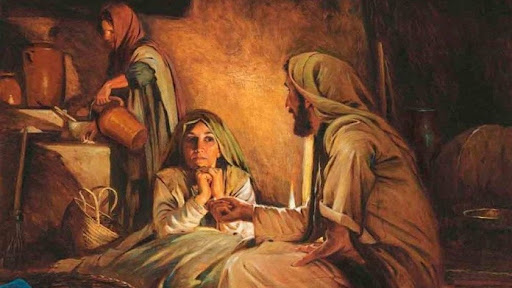 Maria and Martha. Contemplation and action. It is difficult to remain indifferent to today’s Gospel. Many times for me it was a remorse: “I should pray more.” Today I am convinced that this conclusion is not always appropriate. I think the best part Mary has chosen is not just that she listened to Jesus instead of running around the house, and Martha’s mistake was not at all that she worked too much and didn’t have time to sit at the Master’s feet.
Maria and Martha. Contemplation and action. It is difficult to remain indifferent to today’s Gospel. Many times for me it was a remorse: “I should pray more.” Today I am convinced that this conclusion is not always appropriate. I think the best part Mary has chosen is not just that she listened to Jesus instead of running around the house, and Martha’s mistake was not at all that she worked too much and didn’t have time to sit at the Master’s feet.
The key to this story may be Martha’s attitude and the fact that she has taken the worst part by far. She decided not only to do what she clearly did not enjoy, but also tried to force others to do so, causing them to feel guilty. Don’t we all know such attitudes? I have met many people in my life who have done a lot, but it did not give them life at all, only bitterness. However, with great determination they tried to convince the whole world that this was what they had to do and looked down on those who had chosen a different path. I have also met people who were convinced that intense action is wrong because it always leads to empty activism and lacks depth. But will we only gain depth by multiplying the hours of prayer? Not always!
It seems to me that the line between the best and the worst is not the line between prayer and action, but the line between being with God and being next to Him. You can act without God, but you can also spend long hours in prayer without God. So what matters? To be here and now with all of ourselves every minute of our day. Then joy and peace will come, and God will make sure that everything is done. Easy! But how difficult to implement 😉
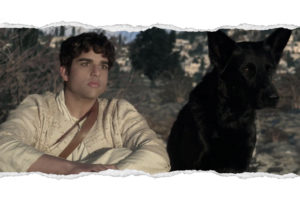 Today we celebrate the apostle Matthew. I must admit that this is my favourite character from The Chosen series for various reasons, but the most important thing for me is that I started to look at this apostle with much more realism. I knew very well that Matthew was a tax collector and that it meant working for the occupant and collecting high taxes from his Jewish brothers. I also knew that tax collectors often dictated much higher rates than the Romans demanded to enrich themselves at the expense of the poor. It seemed to me, however, that at the moment when Jesus said “Follow me” and he got up and followed him, the whole reality changed forever and Matthew became a friend loved by everyone … it couldn’t be so!
Today we celebrate the apostle Matthew. I must admit that this is my favourite character from The Chosen series for various reasons, but the most important thing for me is that I started to look at this apostle with much more realism. I knew very well that Matthew was a tax collector and that it meant working for the occupant and collecting high taxes from his Jewish brothers. I also knew that tax collectors often dictated much higher rates than the Romans demanded to enrich themselves at the expense of the poor. It seemed to me, however, that at the moment when Jesus said “Follow me” and he got up and followed him, the whole reality changed forever and Matthew became a friend loved by everyone … it couldn’t be so!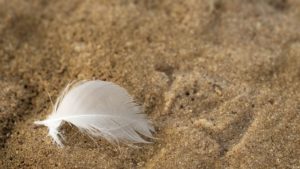 Recently, in Sunday’s second reading, we read the letter of St. James. This letter has many interesting threads – more and less known. While praying today with this letter, my attention was drawn to a fragment which was given the title “Unreliability of human plans” (Jas 4: 13-17):
Recently, in Sunday’s second reading, we read the letter of St. James. This letter has many interesting threads – more and less known. While praying today with this letter, my attention was drawn to a fragment which was given the title “Unreliability of human plans” (Jas 4: 13-17):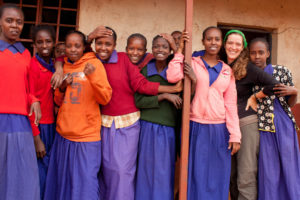 Today I read the story of a 19-year-old Simon, who left Poland for the Vatican on a pilgrimage without money. He said that he had met such human kindness that although he sometimes slept at bus stops, sometimes he also ate like a king. It reminded me of the stories of Kinga Choszcz (a polish traveler), whose stories inspired me to embark on my own journey. Today it has been exactly 10 years since I got on the plane and wrote on FB: “I’m flying, flying, flying :)”. I landed in Kenya, where I spent 11 life-changing months and wrote almost 130 blog posts about it (unfortunately without English translation 🙁 but if you want to use GT, you can start
Today I read the story of a 19-year-old Simon, who left Poland for the Vatican on a pilgrimage without money. He said that he had met such human kindness that although he sometimes slept at bus stops, sometimes he also ate like a king. It reminded me of the stories of Kinga Choszcz (a polish traveler), whose stories inspired me to embark on my own journey. Today it has been exactly 10 years since I got on the plane and wrote on FB: “I’m flying, flying, flying :)”. I landed in Kenya, where I spent 11 life-changing months and wrote almost 130 blog posts about it (unfortunately without English translation 🙁 but if you want to use GT, you can start 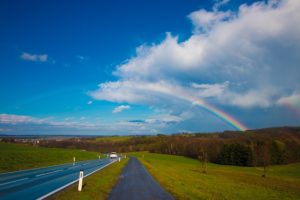 On Sunday, I was returning from my last holiday trip, remembering many amazing moments of the last two months, but also thinking with curiosity about the upcoming school year, which promises to be fascinating for many reasons. However, I did not expect that inspiring experiences would await me on the regular S8 route between Wrocław and Warsaw. The sky in front of me was covered with soft round clouds, from behind which from time to time a timid sun peeked out and nothing foreshadowed a great downpour that hit the car window in an instant. I looked in the rear view mirror and saw an image like from a dark movie – a wall of rain and darkness. I had the impression that I was on a thin line connecting two worlds.
On Sunday, I was returning from my last holiday trip, remembering many amazing moments of the last two months, but also thinking with curiosity about the upcoming school year, which promises to be fascinating for many reasons. However, I did not expect that inspiring experiences would await me on the regular S8 route between Wrocław and Warsaw. The sky in front of me was covered with soft round clouds, from behind which from time to time a timid sun peeked out and nothing foreshadowed a great downpour that hit the car window in an instant. I looked in the rear view mirror and saw an image like from a dark movie – a wall of rain and darkness. I had the impression that I was on a thin line connecting two worlds.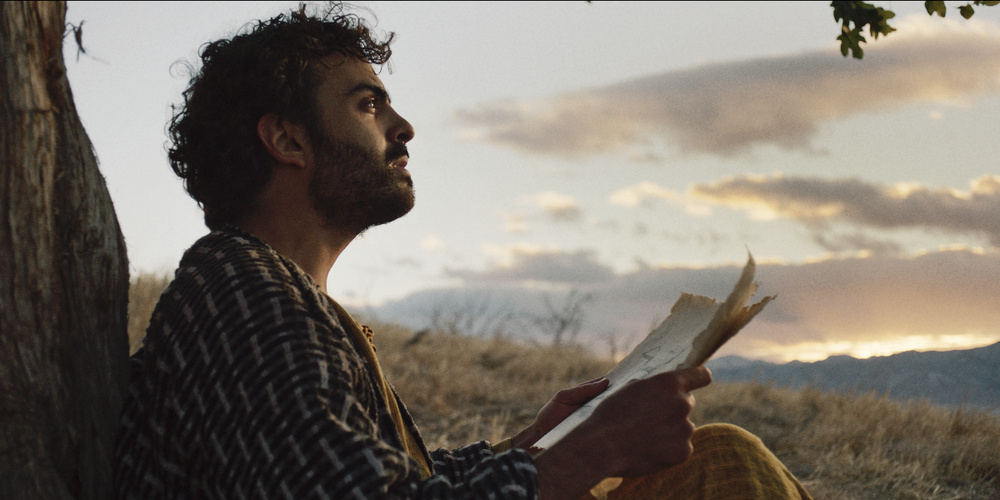 Today in the church we remember Nathanael, so we read this amazing Gospel passage, in which there are so many interesting moments: “Can anything good come from Nazareth”, “Come and see”, “Here is a true Israelite. There is no deception in him.”, “You will see greater things than this”… Each of them is suitable for a separate inspiration for prayer and reflection. Today I stopped at the words: “I saw you under the fig tree”. I am not the first or the last to wonder what actually happened underneath that tree and how much it must have mattered to Nathanael as he immediately recognises that Jesus is the Son of God. I think that the version shown in
Today in the church we remember Nathanael, so we read this amazing Gospel passage, in which there are so many interesting moments: “Can anything good come from Nazareth”, “Come and see”, “Here is a true Israelite. There is no deception in him.”, “You will see greater things than this”… Each of them is suitable for a separate inspiration for prayer and reflection. Today I stopped at the words: “I saw you under the fig tree”. I am not the first or the last to wonder what actually happened underneath that tree and how much it must have mattered to Nathanael as he immediately recognises that Jesus is the Son of God. I think that the version shown in 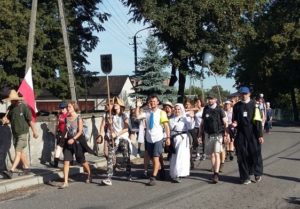 Today’s Gospel about the workers of the last hour reminds me of my personal pilgrimage experience from 3 years ago. Today I wanted to share with you what I discovered then:
Today’s Gospel about the workers of the last hour reminds me of my personal pilgrimage experience from 3 years ago. Today I wanted to share with you what I discovered then: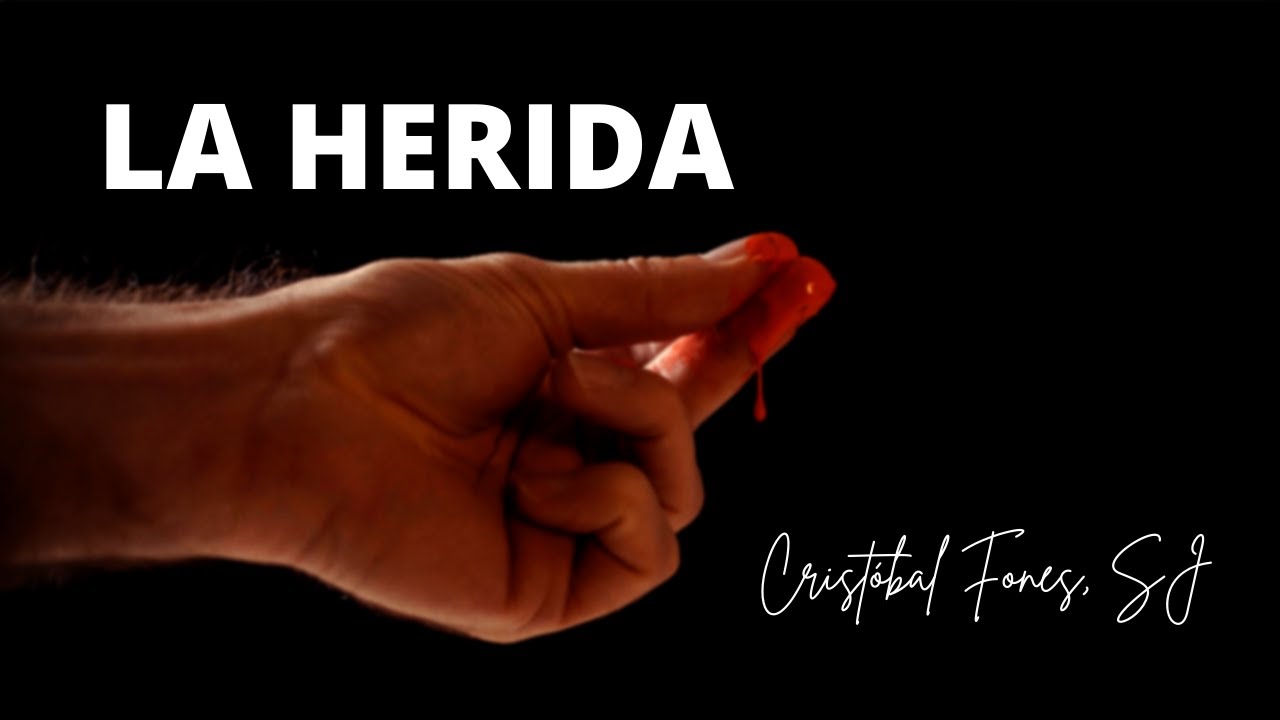 We are celebrating the Ignatian year – a commemoration of 500 years since the conversion of St. Ignacy Loyola. It turns out, however, that in Spanish this anniversary sounds a bit different, because it’s the 500th anniversary of “the wound” of St. Ignatius. It has been 5 centuries since the founder of the Jesuits was wounded by a cannonball during the defence of Pamplona. This was, indeed, the beginning of his conversion, because reading the lives of the saints during the convalescence pushed him into giving his life completely to Jesus, but nevertheless this “wound” matters. Sometimes you has to travel 2,500 km to discover such a simple truth.
We are celebrating the Ignatian year – a commemoration of 500 years since the conversion of St. Ignacy Loyola. It turns out, however, that in Spanish this anniversary sounds a bit different, because it’s the 500th anniversary of “the wound” of St. Ignatius. It has been 5 centuries since the founder of the Jesuits was wounded by a cannonball during the defence of Pamplona. This was, indeed, the beginning of his conversion, because reading the lives of the saints during the convalescence pushed him into giving his life completely to Jesus, but nevertheless this “wound” matters. Sometimes you has to travel 2,500 km to discover such a simple truth.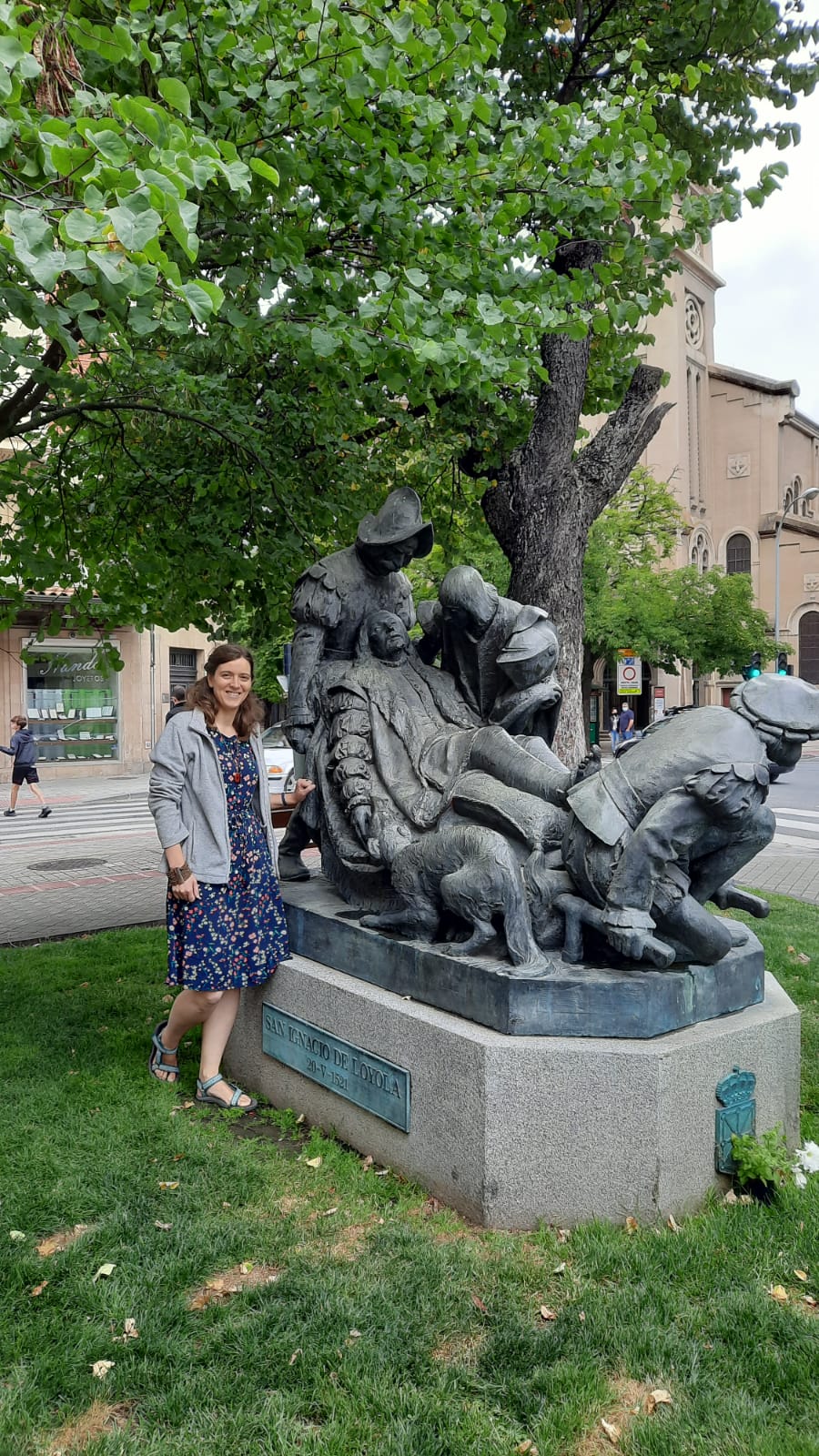 At the end of our life we will arrive
At the end of our life we will arrive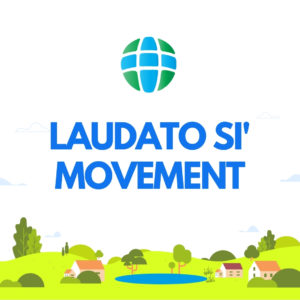 I came across the Global Catholic Climate Movement (now Laudato Si ‘Movement) a long time ago, around 2011, when my Kenyan friend Allen founded the movement operating in Africa (CYNESA). It aims to involve young Catholics in ecological activities. Since then, a lot has changed in the consciousness of the world (including the ecclesiastical one), and above all, Pope Francis wrote the encyclical Laudato Si ‘, which should lead us through the ways of properly understood ecology.
I came across the Global Catholic Climate Movement (now Laudato Si ‘Movement) a long time ago, around 2011, when my Kenyan friend Allen founded the movement operating in Africa (CYNESA). It aims to involve young Catholics in ecological activities. Since then, a lot has changed in the consciousness of the world (including the ecclesiastical one), and above all, Pope Francis wrote the encyclical Laudato Si ‘, which should lead us through the ways of properly understood ecology.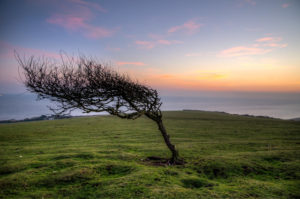 Today I decided to write a bit about where I am in my life, inspired by a video talking about how we rarely share what we experience when we are inside a crisis, however, this is the moment where many of us are. It’s a good time for supporting each other and reminding ourselves and others that the crisis will come to an end one day.
Today I decided to write a bit about where I am in my life, inspired by a video talking about how we rarely share what we experience when we are inside a crisis, however, this is the moment where many of us are. It’s a good time for supporting each other and reminding ourselves and others that the crisis will come to an end one day.
Recent Comments